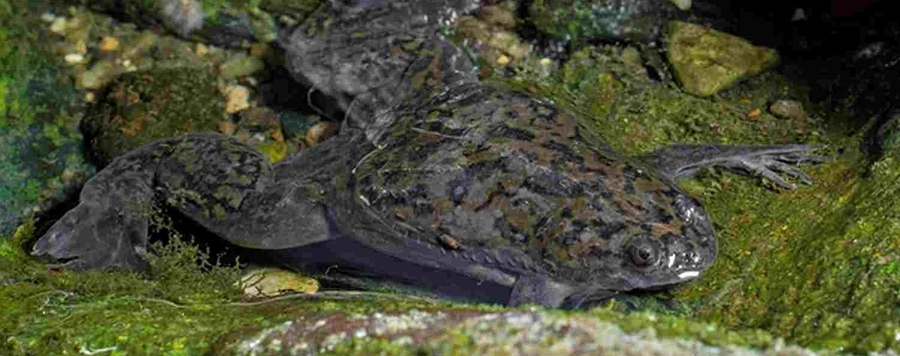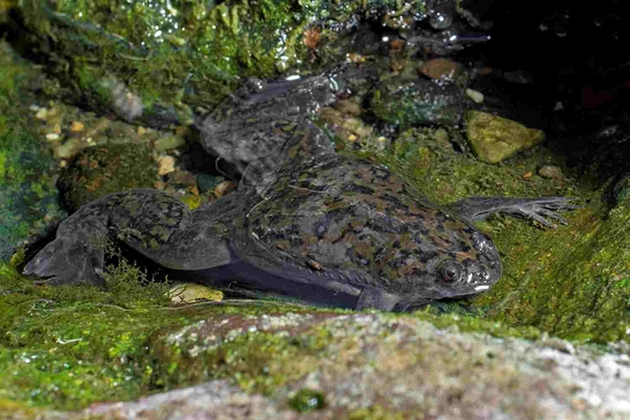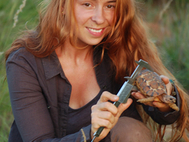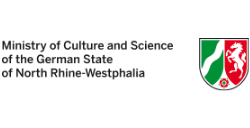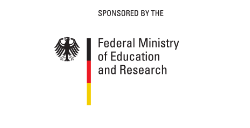Native to southern Africa, the species is a popular model organism for laboratory research and was distributed to laboratories worldwide. A popular use of the frog was pregnancy testing. African clawed frogs act as a vector of the amphibian diseases chytridiomycosis and ranavirus, which has caused global declines in amphibian populations. Being generalist predators which may occur in high densities the species has significant impacts on the local fauna.
“Meanwhile, populations have become established in the wild across four continents and the species is still spreading” explains Flora Ihlow, PhD student at the herpetology section of the Zoological Research Museum Alexander Koenig – Leibniz-Institute for Animal Biodiversity (ZFMK) in Bonn. “In Europe alone, viable populations presently exist in France, Portugal, and Sicily” Ihlow explains. Using modern species distribution modelling techniques, the scientists revealed that climate change will likely reduce the species’ global spread. These results have recently been published in the renowned scientific journal PLoS One.
“While we expect the species’ distribution potential to decrease on a global scale in response to climate change, our models predict the novel climatic conditions to favour expansions along the northern range limits” explains Dr. Dennis Rödder, curator of the herpetology section of the ZFMK. Therefore, Rödder says “the altered climatic conditions may promote new invasions and range expansions in Europe”.
„The combination of field data with computer-generated, spatial explicit simulations is the main strength of the EU supported BiodivERsA project. These detailed predictions on the potential future distribution of invasive species facilitate the coordination of suitable counteractive measures“, explains Prof. Dr. Wolfgang Wägele, director of the ZFMK.
Adult specimen of the African clawed frog (Xenopus laevis) from Oeiras, Portugal. Picture taken by M. Flecks.
Source/ Publication
Ihlow, F., Courant, J., Secondi, J., Herrel, A., Rebelo, R., Measey, G.J., Lillo, F., De Villiers, F.A., Vogt, S., De Busschere, C., Backeljau, T., Rödder, D. (2016) Impacts of climate change on the global invasion potential of the African clawed frog Xenopus laevis. –PLoS One, DOI:10.1371/journal.pone.0154869
Contact:
Flora Ihlow
Herpetology section
Zoologisches Forschungsmuseum Alexander Koenig, Bonn
Tel. +49228 - 9122253
F.Ihlow [at] zfmk.de
Dennis Rödder
Herpetology section
Zoologisches Forschungsmuseum Alexander Koenig, Bonn
Tel. 0228 - 9122252
D.Roedder@zfmk.d
Zoological Research Museum Alexander Koenig – Leibniz-Institute for Animal Biodiversity (ZFMK) is an independent research institute. The focus of research is on performing an inventory of the zoological species diversity on earth, on the analysis of changes in biodiversity as a result of environmental factors, and on evolutionary processes at the morphological and molecular levels. ZFMK furthermore explores the context of structure and function of ecological systems, advanced scientific methods, and the study of the history of science. The permanent exhibition “Our blue planet – the living network” offers a genuine nature experience based on naturalistic ecosystem displays.
The Leibniz Association is a network of 88 scientifically, legally, and economically independent research institutes and scientific service facilities. Leibniz Institutes perform strategic and thematically-oriented research and offer scientific service of national significance while striving to find scientific solutions for major social challenges.



